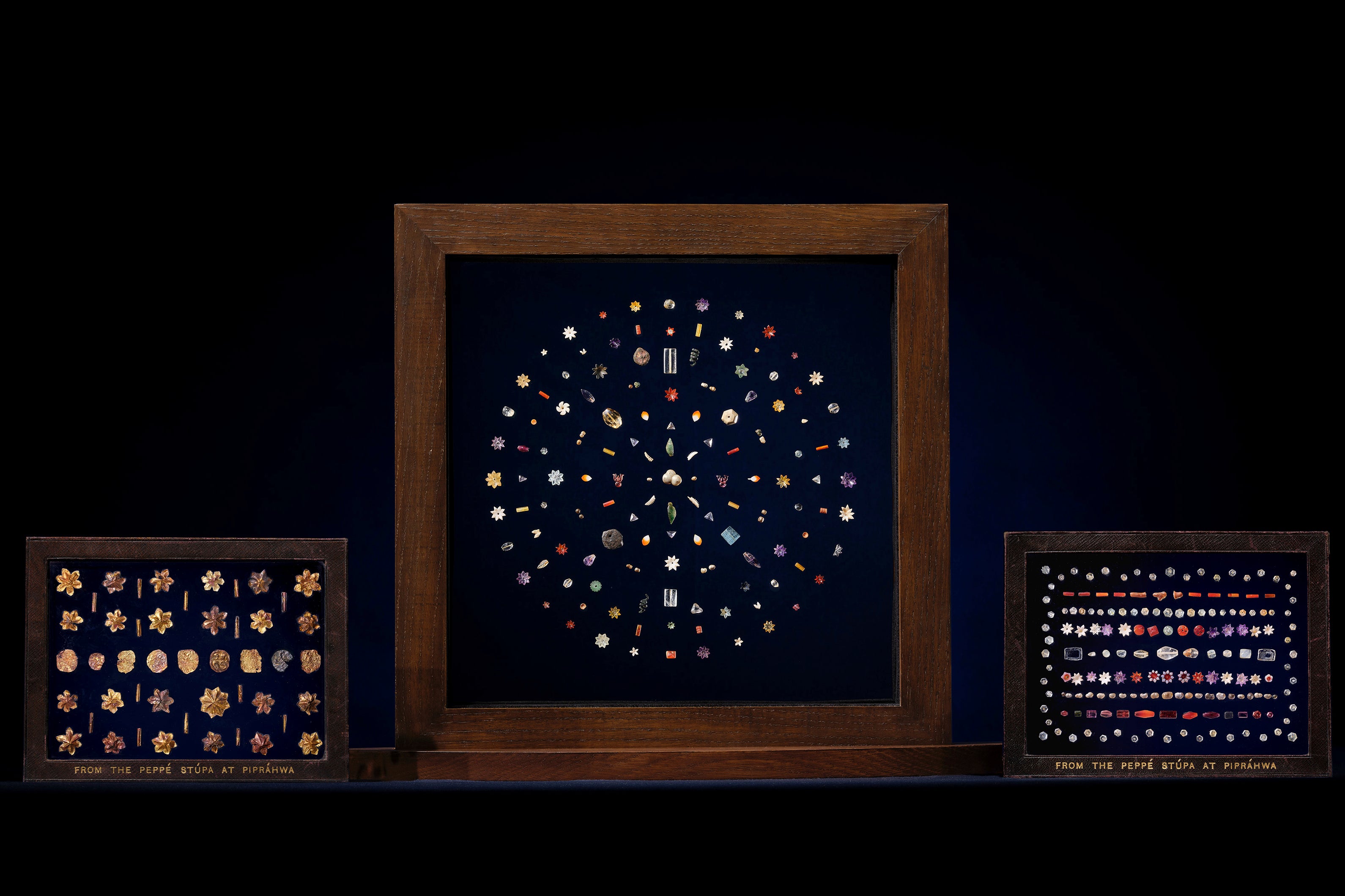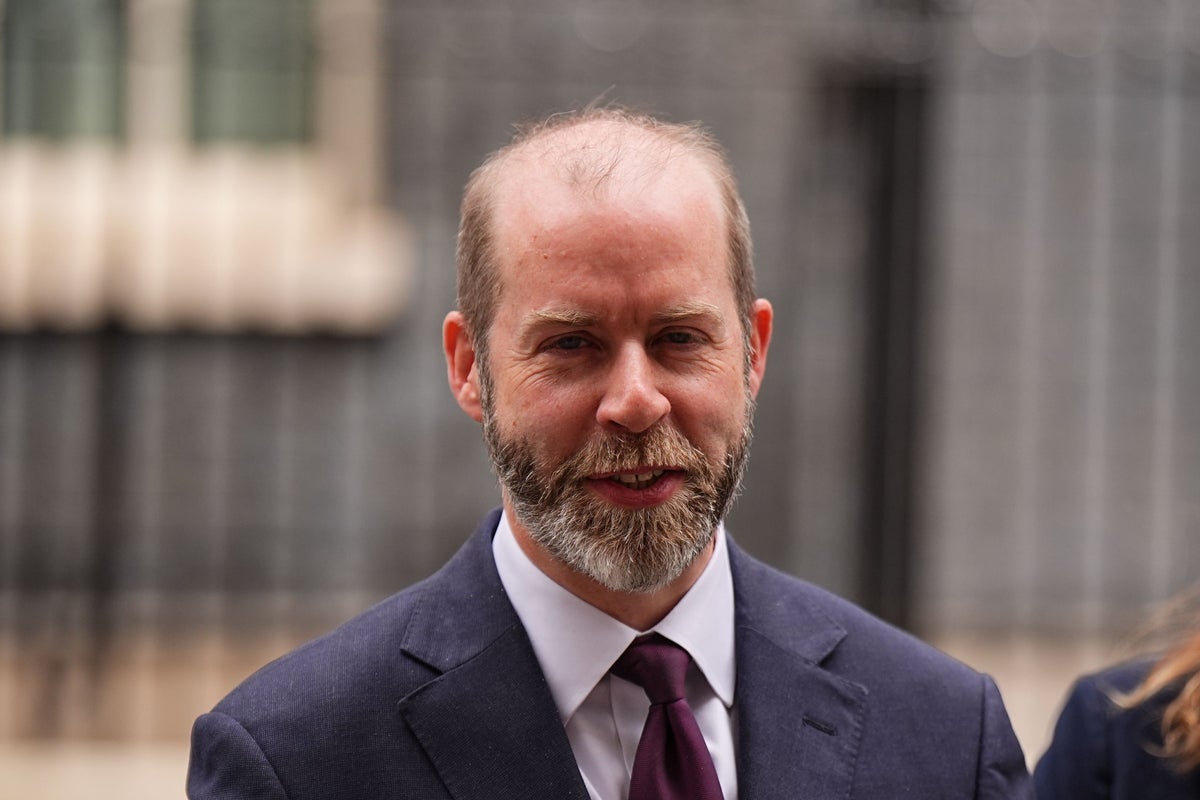ARTICLE AD BOX
Sotheby’s has postponed the controversial auction of ancient gem relics linked to the Buddha’s remains at the last hour after the Indian government threatened legal action.
The international auction house said in a statement that the auction due to take place on Wednesday at 10.30am in Hong Kong would be postponed.
The pause is to allow “discussions between the parties”, including the Indian government, the sellers, and three descendants of William Claxton Peppé, a British colonial explorer who in 1898 excavated the gems, from the holy burial ground in northern India in 1898.
It said “we look forward to sharing any updates as appropriate”. Some of Sotheby's webpages about the auction were no longer available on Wednesday.
The auction, titled “The Piprahwa Gems of the Historical Buddha, Mauryan Empire, Ashokan Era, circa 240-200 BCE”, were set to be a centrepiece of a two-week series of Sotheby’s auctions in Hong Kong, dedicated to Asian art and antiquities.

However, the Indian culture ministry issued a legal notice to the auction house, saying the gems should be treated as the sacred body of the Buddha and their auction would be “participating in continued colonial exploitation”.
The government is seeking their repatriation to India, describing them as an inseparable part of the country’s religious and cultural heritage.
“These relics, excavated from the Piprahwa Stupa – widely recognised as the ancient city of Kapilavastu, the birthplace of Lord Buddha – hold immense historical and spiritual significance,” the ministry said in its statement.
The letter to the auction house said that Peppé’s great-grandson, Chris Peppé, a Los Angeles-based TV director and film editor, “lacks the authority to sell these objects” which “constitute inalienable religious and cultural heritage of India and the global Buddhist community”.
The 334 gems were to go under the hammer with the starting bid of HK$100m (£9.7m) and included bone fragments, crystal and soapstone reliquaries, gold ornaments and precious stones such as garnets, pearls, coral, and amethysts.
Found alongside ash and bones of the Buddha, the relics were originally buried in a domed-shaped funerary monument called a stupa in Piprahwa believed to be in present day Indian state of Uttar Pradesh.
They carved in floral and other motifs, including offerings said to have been made during the reinterment of the Buddha’s remains more than 200 years after his death around 480 BC.
The British crown took custody of the Peppé family’s findings under the 1878 Indian Treasure Trove Act with the family allowed to retain a fifth of 18,00 gems, a majority went to the colonial museum in Kolkata and bones and ashes were gifted to the Buddhist monarch King Chulalongkorn of Siam, now Thailand.
Chris Peppé a descendant of William Claxton Peppé, defended the auction, arguing it was the “fairest and most transparent” way to transfer the relics to Buddhists. He maintained that the gems are not corporeal remains but offerings from a later period, asserting that their ownership is legally unchallenged.
The Indian Ministry of Culture said on Facebook on Wednesday it was “pleased to inform” that the auction was postponed after its intervention.









 English (US) ·
English (US) ·